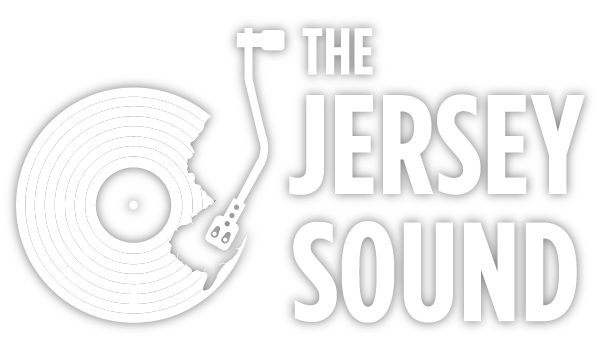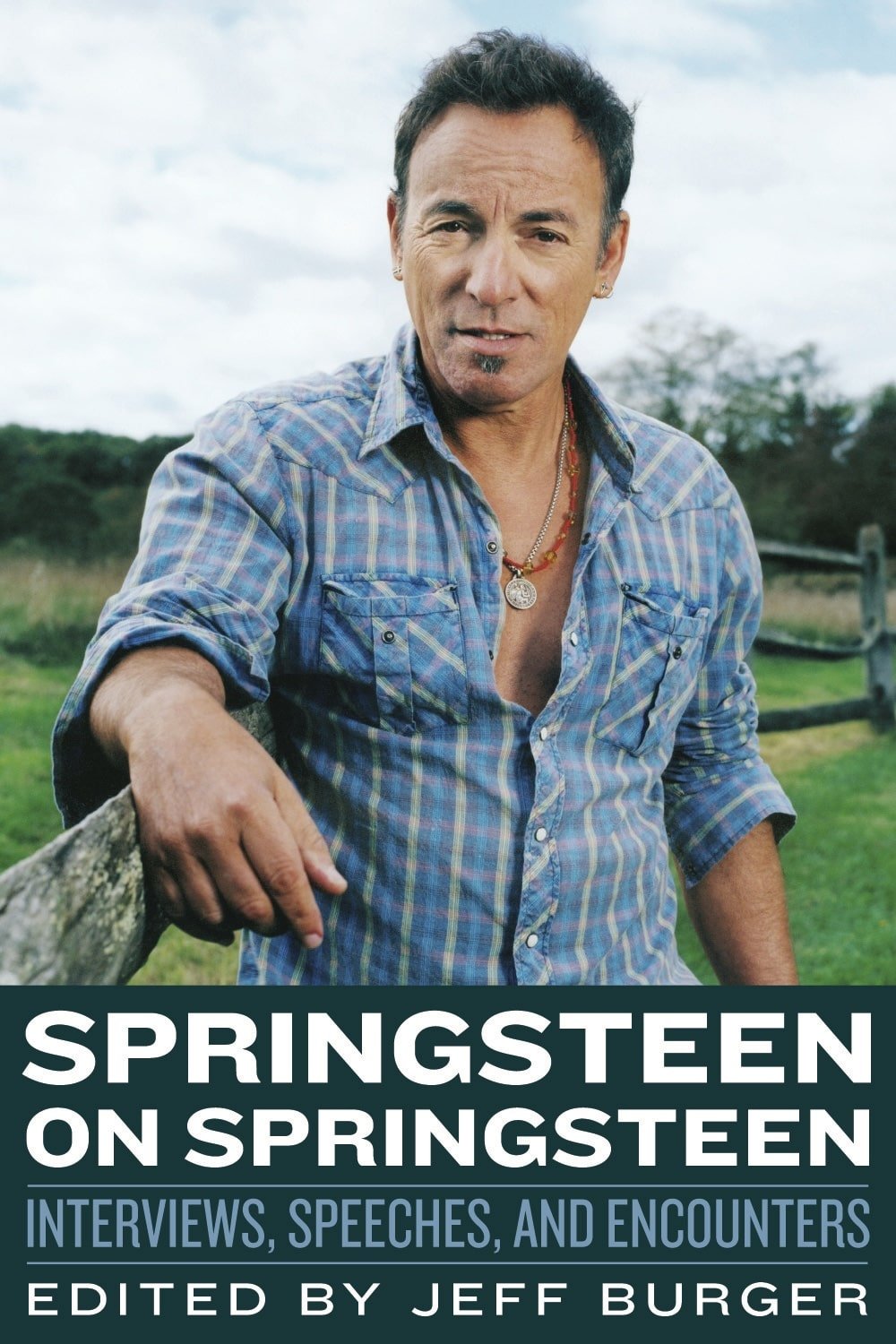‘Springsteen On Springsteen: Interviews, Speeches, and Encounters,’ Edited by Jeff Burger
[My review of this book originally appeared in the May 1, 2013, issue of The Aquarian Weekly. It has been reprinted by permission.]
Springsteen On Springsteen: Interviews, Speeches, and Encounters (2013)
Edited by Jeff Burger
(Chicago Review Press)
I wasn’t necessarily looking forward to reading Springsteen On Springsteen: Interviews, Speeches And Encounters (Chicago Review Press), edited by New Jersey journalist Jeff Burger. Truth be told, I just wanted to see if my own interview (“The Return Of The Native,” Aquarian Weekly October 11, 1978) would be included. And it was.
Yet as I started reading, an endearing portrait of the artist emerged: caring, responsible, well-versed in those musical heroes who came before him. He loves all the same artists I love. His eloquence in the interview situation is yet another art form. And you get to know him…I mean, really know him this time. Coming, as this book does, on the heels of Peter Ames Carlin’s highly recommended and epic Bruce biography, this one was more than a pleasant surprise. It was a mini-revelation.
When he talks about mixing rhythm ‘n’ blues early on with beat poetry, his early work all comes into focus. How fascinating is it that he complains to reporter after reporter about money! “We’re at the lowest we’ve ever been right now,” he tells Jerry Gilbert. “Hopefully, I’ll be getting some money from Columbia and maybe with David Bowie doing some of the songs that’ll be good.” (Bowie did, indeed, record “Growin’ Up” and “It’s Hard To Be A Saint In The City.”) Bruce is described early on by numerous reporters as bedraggled, scruffy, skinny and long-haired in clothes that he seems to have been in for days. He stumbles when he walks and he mumbles when he talks.
“We won’t play any place over 3,000 [capacity], that’s the highest we want to do. We don’t want to get any bigger. And that’s even too big,” he tells the late Paul Williams in 1974 for New Times, a defunct magazine that never ran the piece because they “weren’t sure anybody would be interested.”
He admits to DJ Dave Herman of publicly defacing a Hollywood billboard advertising his album with black spray paint. Numerous interviews having him cop to jumping over the wall at Graceland in Memphis and ringing the doorbell wanting to meet Elvis. When accosted by the guard, he proclaims that he’s a rock star who’s been on the covers of Time and Newsweek before he’s thrown out. He admits it was a mistake…especially when fans do the same at his house years later.
He talks about religiously writing down the Top 10 every Wednesday (I did the same thing) and admits that he doesn’t consider himself a revolutionary artist like Dylan or Elvis but a “nuts and bolts” artist built for the long haul. He talks of his humble beginnings, watching his father struggle for work, and not feeling a part of the community so, like other musicians, he makes his own…a band.
(Advertisement) Story continues below…
As for his marathon concerts, he tells Charlie Rose on TV, “I wanted it to be an extreme experience—an experience that wasn’t casual, that pushed at the limits. I wanted people to be brought to someplace and to come out of themselves.”
Regrets? He’s had a few. One was not getting back to novelist Walker Percy who wrote Bruce in 1989 and died in 1991. By 1996, though, Bruce had read Walker’s The Moviegoer novel and wrote to the novelist’s widow about how sorry he was not ever having returned Percy’s letter, saying it was one of the “great regrets” of his life. In 1997, backstage in Atlanta, he meets Percy’s nephew, Will Percy, and conducts one of the most heartfelt interviews of the book.
His speeches are the best: his 1989 Rock And Roll Hall Of Fame Induction Acceptance speech, his keynote address at the 2012 South By Southwest Music Festival, his 2011 eulogy at the funeral of Clarence Clemons.
“I was influenced by so many great musicians that meant such a great, great deal to me and who I can never really repay,” he tells Brian Williams of NBC-TV. “Music is so intensely personal and strikes you on such an emotional level that it leaves you feeling like you owe a great debt to the people that moved you that deeply. And it’s a lovely thing to owe someone. And when I see the guys that did that for me—and I’ve had the opportunity of actually meeting a lot of the guys that did that for me—it’s a wonderful feeling.”
As I said, you really do feel like you know Bruce after you finish this book.

